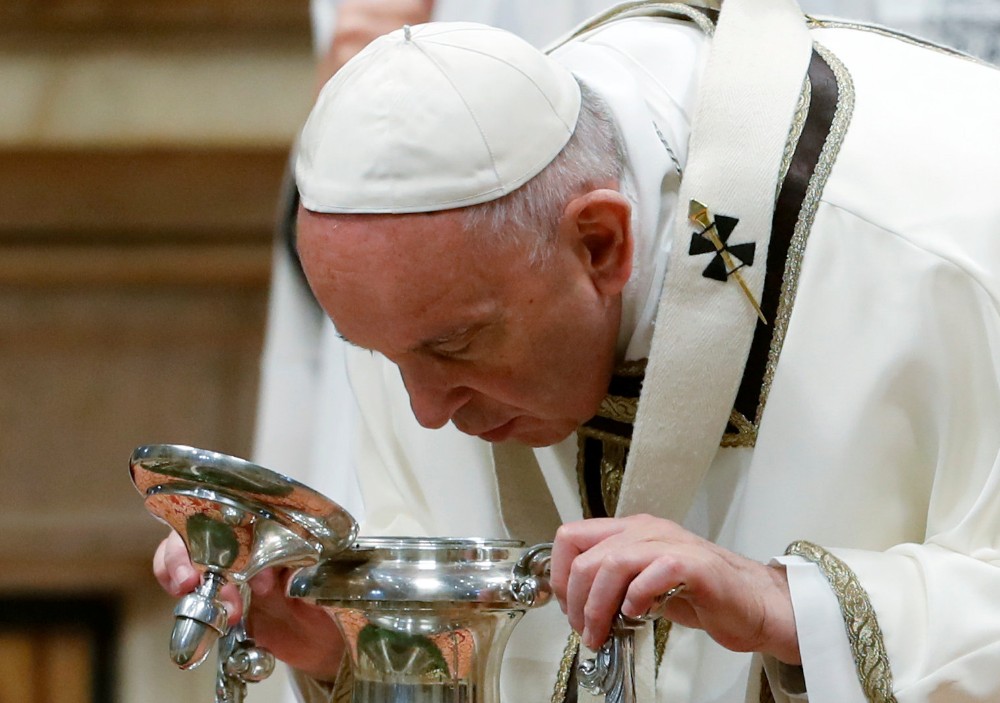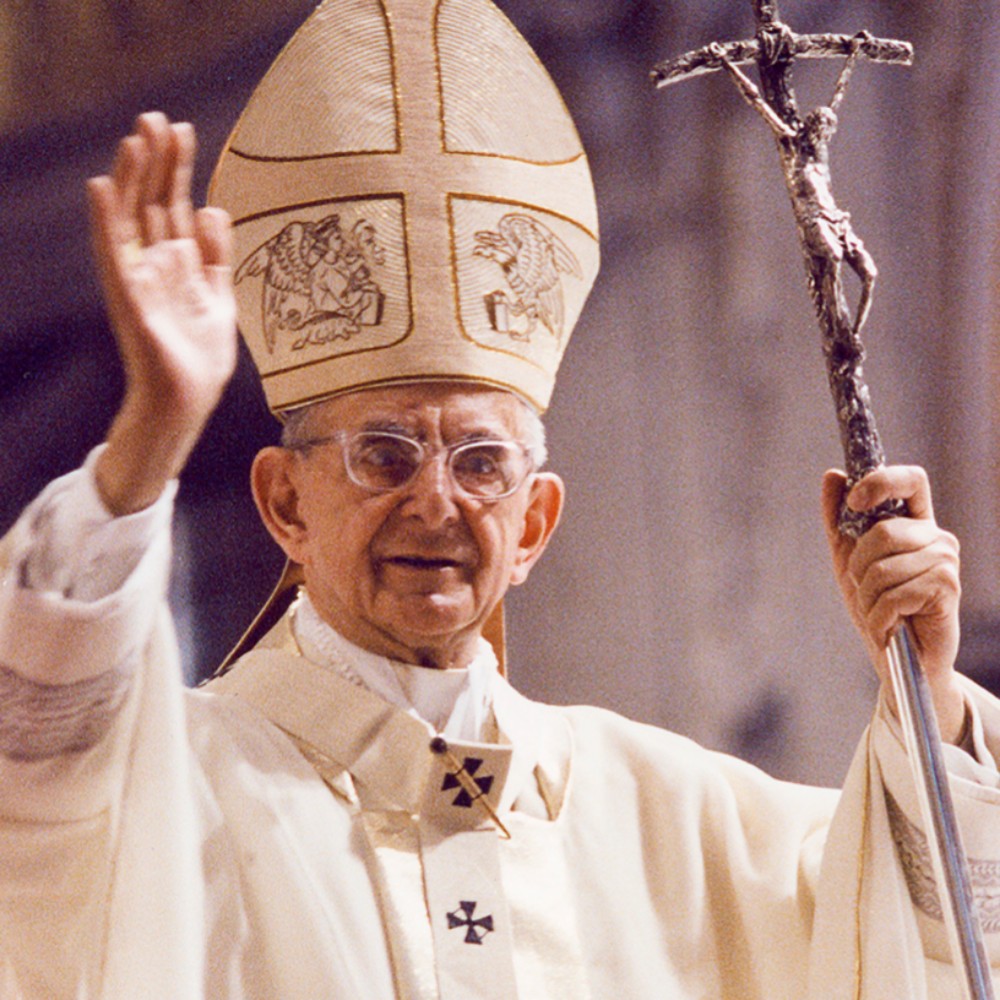On Holy Thursday 50 years ago, Pope Paul VI issued the reformed celebration of the Catholic liturgy, which bishops at the 1962-65 Second Vatican Council had voted overwhelmingly in favour of updating.
In the decades since, there have been ongoing battles over the liturgy with a vocal minority lobbying for a return to pre-Vatican II styles of worship and trying to undermine the reformed liturgy.
But in an article in L’Osservatore Romano marking the anniversary of the promulgation of the Roman Missal, a Vatican official argues that the Pope’s reforms took place following careful deliberation and was a renewal of Christian worship that was deeply rooted in the Church's tradition. The article was originally written in Italian and was published on 6 April 2019.
Fr Corrado Maggioni, the under-secretary for the Holy See's Congregation for Divine Worship and Discipline of the Sacraments, stresses that that Pope Paul envisaged tight restrictions for those wishing to celebrate the Old Rite.
“Use of the new Ordo Missae is in no way left up to the choice of priests or people,” Pope Paul told a consistory gathering on 24 May 1976.
“The Instruction of 14 June 1971 provided that celebration of Mass according to the former rite would be permitted, by faculty from the Ordinary, only for aged or sick priests offering the sacrifice without a congregation. The new Ordo Missae was promulgated in place of the old after careful deliberation and to carry out the directives of Vatican Council II. For a like reason Our predecessor Saint Pius V, after the Council of Trent, commanded the use of the Roman Missal revised by his authority. In virtue of the supreme authority granted to Us by Jesus Christ We command the same ready obedience to the other new laws, relating to liturgy, discipline, pastoral activity, made in these last years to put into effect the decrees of the Council.”
He went on: “Any course of action seeking to stand in the way of the conciliar decrees can under no consideration be regarded as a work done for the advantage of the Church, since it in fact does the Church serious harm.”
In 2007, however, Pope Benedict XVI issued a legal ruling, “Summorum Pontificum” which lifted restrictions on celebrations of the Old Rite.
Fr Maggioni writes that the changes called by Vatican II were for “a general revision” of the liturgy and not a “cosmetic overlay.” The reforms of Paul VI did not, the under-secretary adds, appear from nowhere given that Pius XII had already reformed the Easter Vigil and Holy Week liturgies in the 1950s and a “liturgical movement” was running at full throttle.
“With a pastor’s heart Paul VI desired to explain and illustrate the reasons, scope and extent of the liturgical reform. In doing so he helped to capture all its positive aspects without remaining silent in the face of the areas of resistance that were opposed to the change, just as he did not remain silent in the face of the erroneous applications which disfigured the reform,” Fr Maggioni explains.
“His goal in all of this was to renew the Church, for it is through the liturgy, and in particular the Mass, that the Church experiences communion with, through and in Christ. The Missal is necessary for the celebration of Mass, and the Mass is necessary for the renewal of the lives of those who participate in it.”
The article also cites two handwritten notes from Paul VI which shows how the Pope took a personal interest in the reforms. Some critics of the reformed liturgy claim he was unable to exert any influence on the reforms and had handed control to Archbishop Annibale Bugnini, who had been put in charge of implementing the Vatican II reforms.
For his part, Pope Francis has largely kept out of debates around the liturgy and has given no indication that he would undo Benedict XVI’s ruling. Francis’ most significant intervention in this area, however, came in August 2017 when he described the liturgical reforms of the council as “irreversible.”



 Loading ...
Loading ...